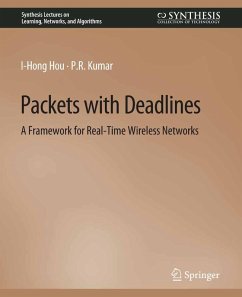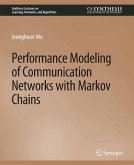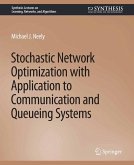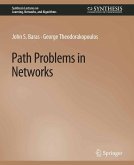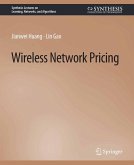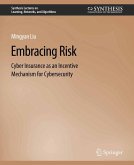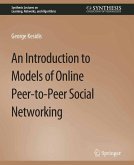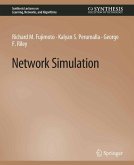With the explosive increase in the number of mobile devices and applications, it is anticipated that wireless traffic will increase exponentially in the coming years. Moreover, future wireless networks all carry a wide variety of flows, such as video streaming, online gaming, and VoIP, which have various quality of service (QoS) requirements. Therefore, a new mechanism that can provide satisfactory performance to the complete variety of all kinds of flows, in a coherent and unified framework, is needed. In this book, we introduce a framework for real-time wireless networks. This consists of a model that jointly addresses several practical concerns for real-time wireless networks, including per-packet delay bounds, throughput requirements, and heterogeneity of wireless channels. We detail how this framework can be employed to address a wide range of problems, including admission control, packet scheduling, and utility maximization. Table of Contents: Preface / Introduction / A Study of the Base Case / Admission Control / Scheduling Policies / Utility Maximization without Rate Adaptation / Utility Maximization with Rate Adaptation / Systems with Both Real-Time Flows and Non-Real-Time Flows / Broadcasting and Network Coding / Bibliography / Authors' Biographies
Dieser Download kann aus rechtlichen Gründen nur mit Rechnungsadresse in A, B, BG, CY, CZ, D, DK, EW, E, FIN, F, GR, HR, H, IRL, I, LT, L, LR, M, NL, PL, P, R, S, SLO, SK ausgeliefert werden.

